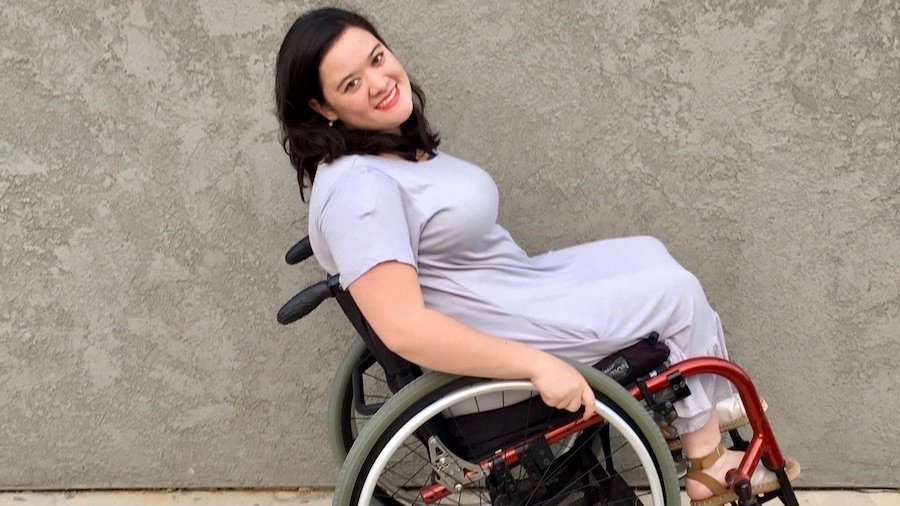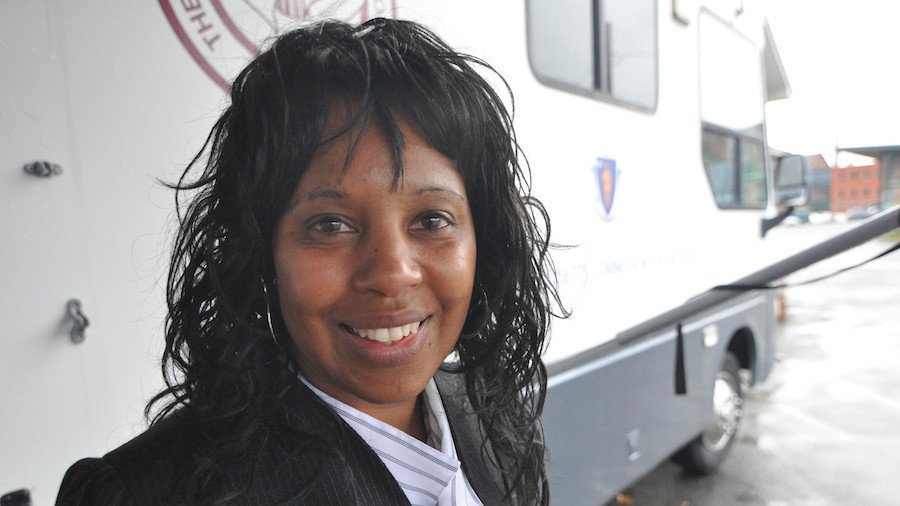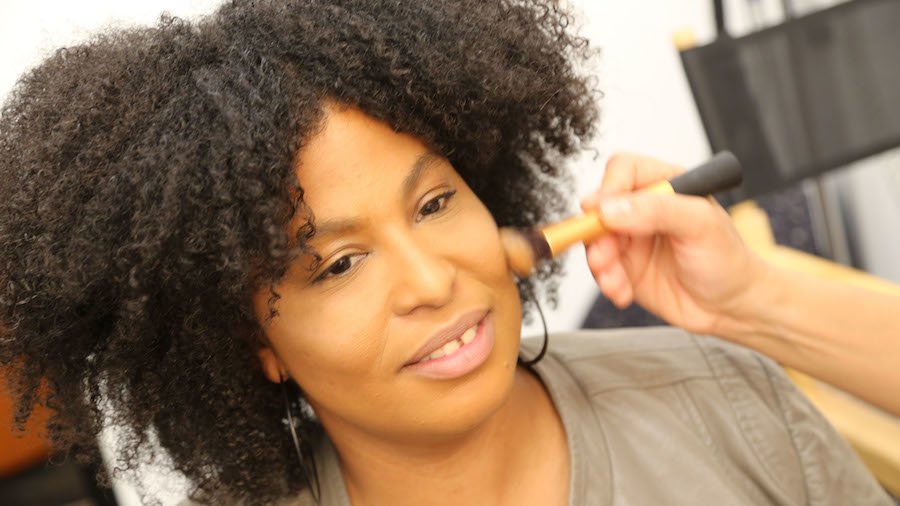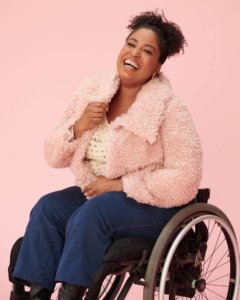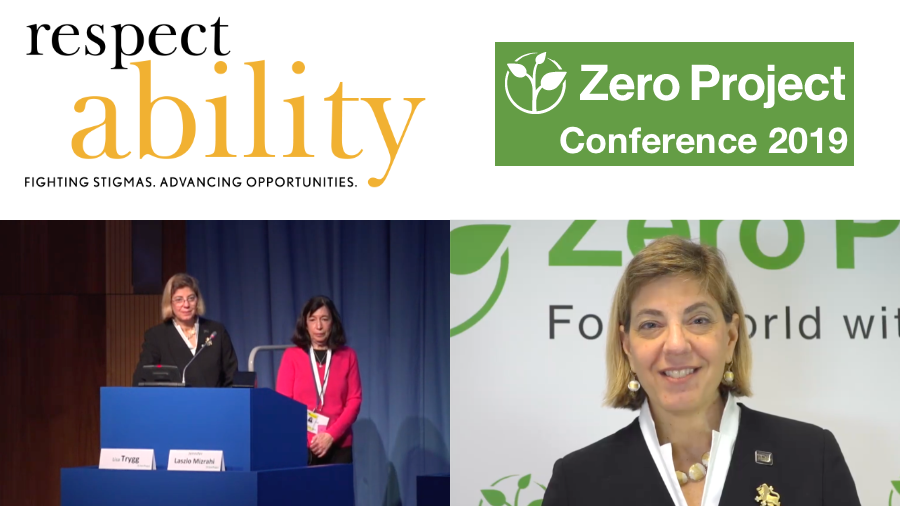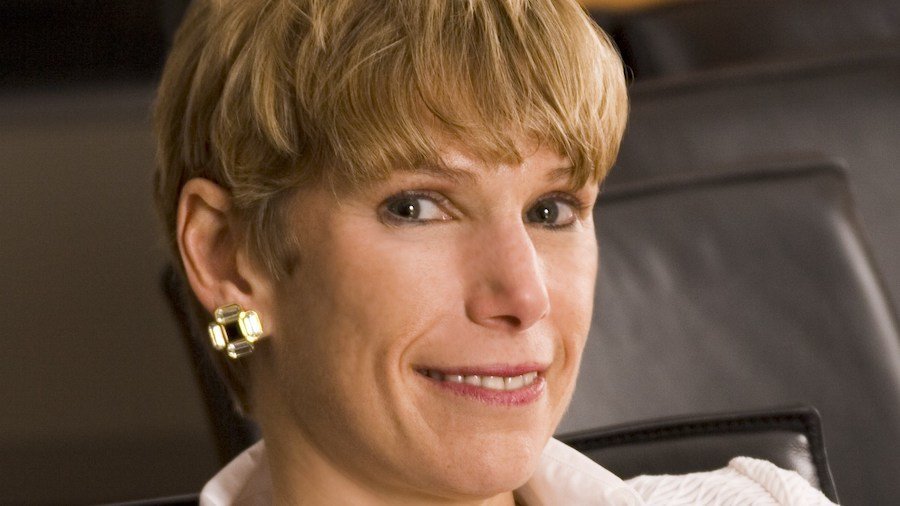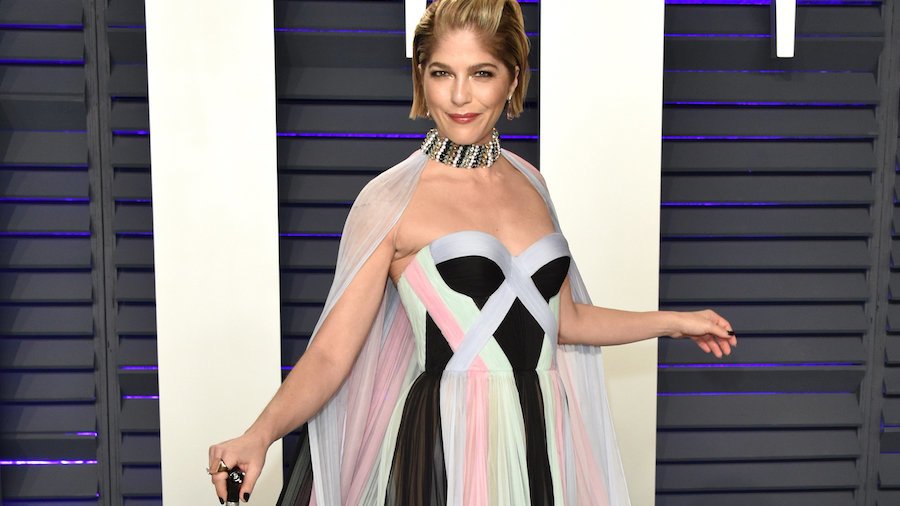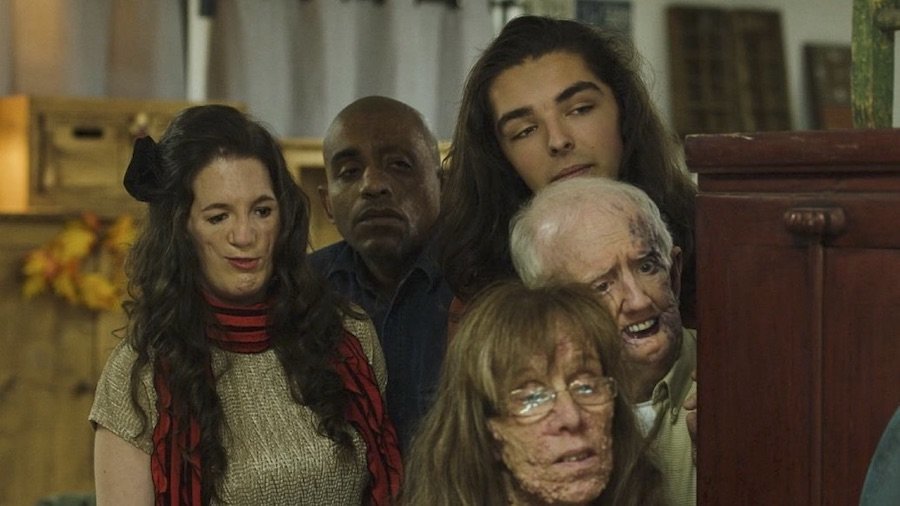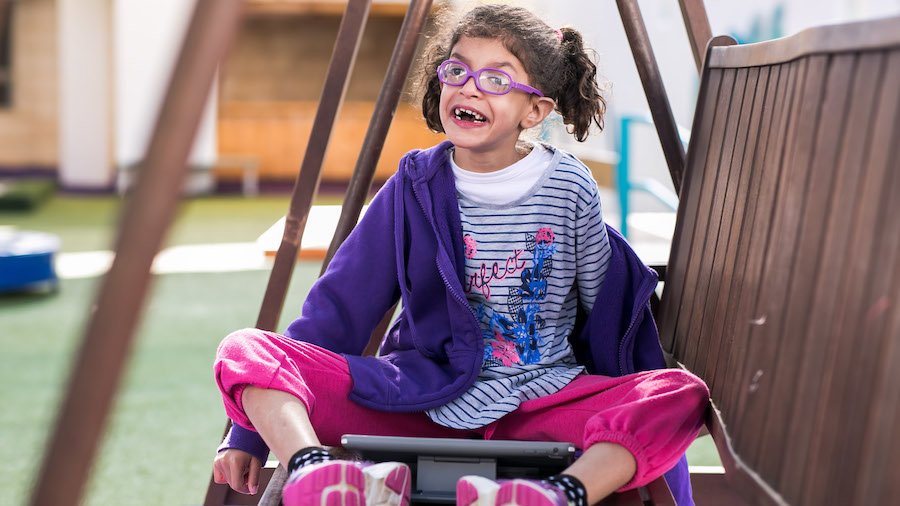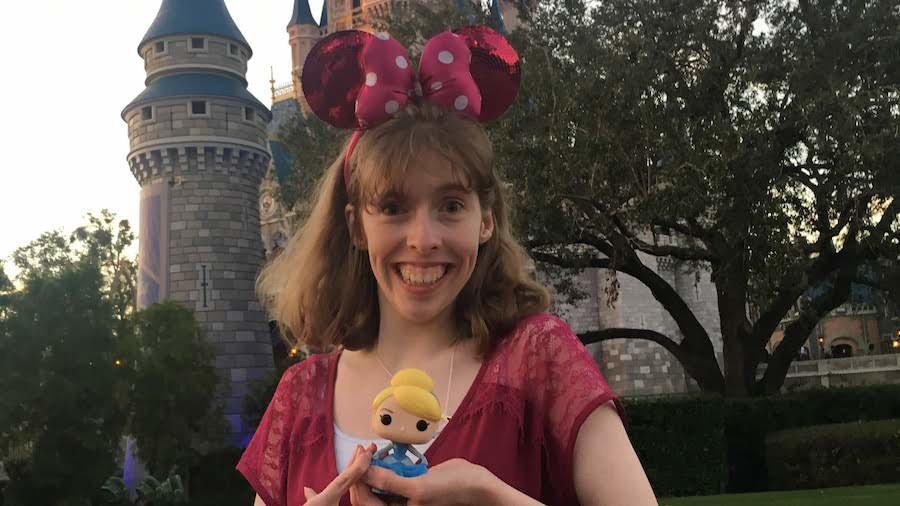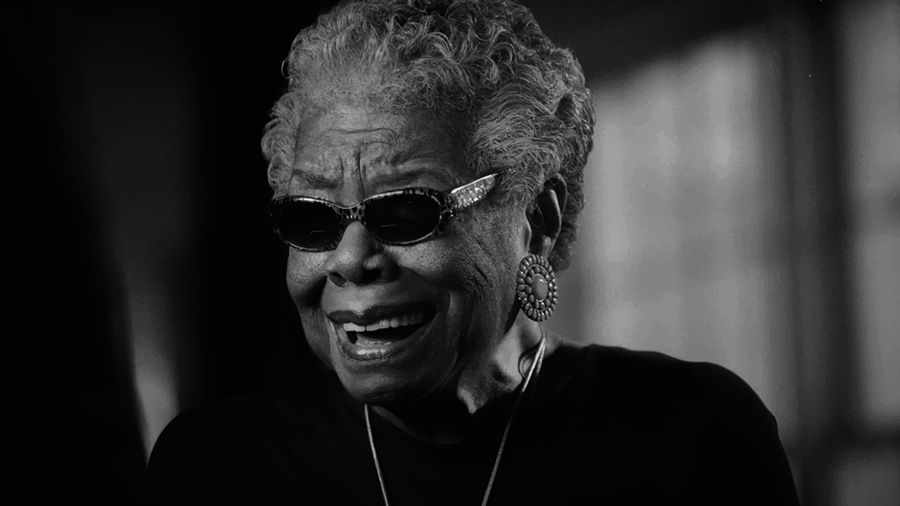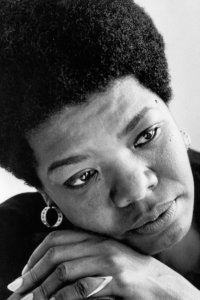Selma Blair is an American actress who is best known for Cruel Intentions, Legally Blonde, the Hellboy series and the show “Zoe, Duncan, Jack and Jane.” She also has an active life in fashion. Blair has worked with fashion icons such as Chanel, GAP, designers Marc Jacobs & Christian Siriano, and magazines such as Vanity Fair, Glamour and Vogue.

In August 2018, Blair was diagnosed with multiple sclerosis. She announced it on Instagram the following October. “I am disabled,” she
posted. “I fall sometimes. I drop things. My memory is foggy. And my left side is asking for directions from a broken GPS. But, we are doing it. And I laugh and I don’t know exactly what I will do precisely. But, I will do my best.”
Multiple sclerosis affects between 850,000-915,000 people in the United States. It affects women three more times than men. It can appear in any age, but it is more common among people as young as 20 and as old as 60 for when they are diagnosed. Moreover, it is not uncommon for people to get disabilities later in life. As of 2002, 25.2 percent of adults acquired their first disability between the ages of 45 and 64. Between seven and nine percent of those who first inquire disabilities are children. Common disabilities include musculoskeletal injuries, cancer (70,000 people between 20-40 each year), depression, heart problems and nerve system disorders (200,000 people before 65), such as multiple sclerosis. [continue reading…]
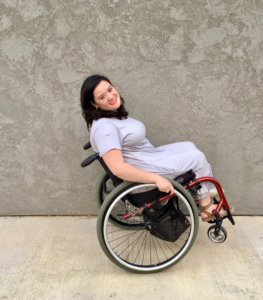 It was a crisp, chilly autumn afternoon in Logan, Utah. I was wheeling myself (I’m an ambulatory wheelchair user) to my doctorate-level Social Psychology class (as an undergraduate, by the way. #humblebrag 😉), rocking out to an odd yet entertaining mixture of Linkin Park and Disney songs through my earbuds.
It was a crisp, chilly autumn afternoon in Logan, Utah. I was wheeling myself (I’m an ambulatory wheelchair user) to my doctorate-level Social Psychology class (as an undergraduate, by the way. #humblebrag 😉), rocking out to an odd yet entertaining mixture of Linkin Park and Disney songs through my earbuds.

